How does your diet affect acne?
The relationship between your diet and your skin still remains a controversial issue in many scientific communities and unfortunately, there is no definitive answer. However, in recent years more and more evidence is being uncovered about certain food products and how they may be contributing to an acne breakout.
It’s now become a common saying that your skin is a reflection of your health. Although there is no sure consensus about diet and your skin, some research is now indicating that the connection does exist. For example, many believe that there is a link between insulin production and acne, with one study finding that patients on a low GI diet noticed an improvement with their acne, compared to those on a carbohydrate-heavy diet.1
It’s important to note, though, that it’s unlikely to be one singular factor causing your outbreak so it’s important you consider other issues such as your stress levels and exposure to irritants. Although improving certain areas of your diet may have a positive impact on your symptoms, it’s essential that you address any other possible triggers too!
1http://www.webmd.com/skin-problems-and-treatments/acne/features/worst-foods-for-your-skin#2
What foods make you breakout?
Okay, so if your diet can have an impact on your symptoms, what foods are the worst culprits? Unfortunately, many forms of refined sugar will be on this list, primarily because they can have an unhappy effect on your gut, your immune system and your blood sugar levels! However, some of the entrants on this list may still surprise you so keep an eye out.
1 – Milk Chocolate
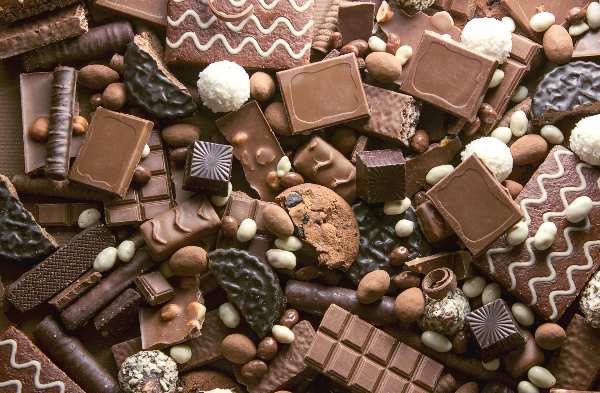
Yes, I know, some of you chocoholics might have already guessed that this particular treat would make the list. As delicious as chocolate is, though, it does fall victim to the plague of refined sugars, although its connection with acne has been controversial.
Many allege that the relationship between chocolate and acne is mythical but recent evidence is now fighting back against this conclusion. In 2014, the University of Miami published a study in the Journal of Clinical and Aesthetic Dermatology.
This study revealed that binging on chocolate could dramatically increase your propensity for pimples, with participants who consumed larger doses of cocoa noticing a 140% rise in non-inflammatory pimples in 4 days, with a 433% rise in inflammatory pimples!2
Not good news if you love chocolate, although it’s important to note that this does refer to excessive amounts. In small quantities, chocolate shouldn’t affect your acne dramatically but it still might be worthwhile cutting down on the sweet stuff.
2https://www.ncbi.nlm.nih.gov/pmc/articles/PMC4025515/
2 – Milk
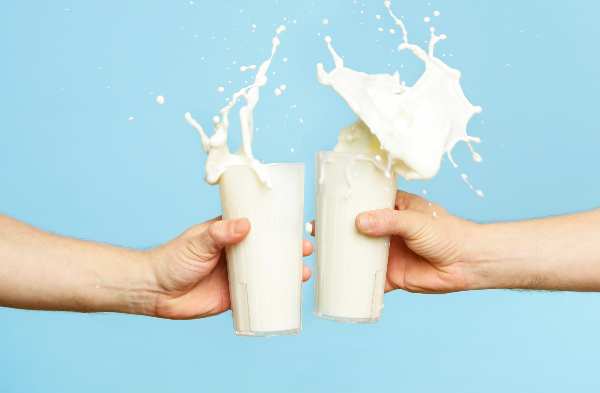
Cow’s milk isn’t getting the best press recently and one study even dubbed it the ‘perfect food for acne!’3 This is mainly because milk can sometimes influence your levels of IGF-1, a hormone that can increase your production of sebum, making your pores more vulnerable to bacteria. In fact, one study found that patients who drank 3 servings of milk a day for 12 weeks increased their IGF-1 levels by 10%!4
Milk is also known to have an effect on your insulin levels too, which can trigger hormonal acne. Now, this doesn’t mean that you have to avoid milk entirely; however you may need to decrease your intake and look at other alternatives. If you are going to drink milk, try to make sure that you are buying organic milk - interestingly, semi-skimmed milk was found to be more of a risk factor than whole milk!
3https://www.ncbi.nlm.nih.gov/pmc/articles/PMC3481796/
4https://www.acneeinstein.com/does-milk-cause-acne/
3 - Alcohol
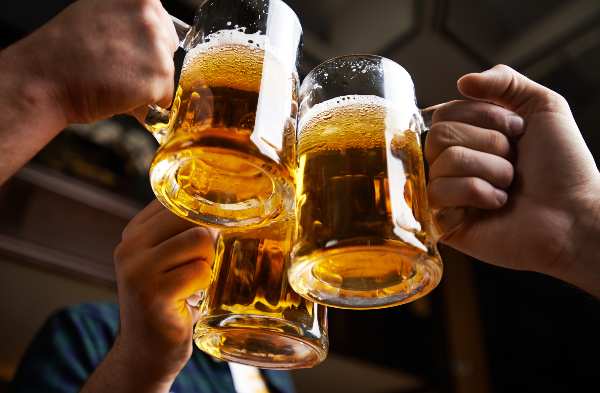
I won’t insult your intelligence by listing all the ways that alcohol can damage your health – chances are you’re already well-informed on that subject! However, you might be wondering how a pint of Guinness can possibly affect your pimples. Well there’s no definitive evidence but many theorise that since alcohol can affect your hormones, it might affect your acne.
Certain hormones are critical when it comes to developing acne, especially male hormones known as ‘androgens.’ In general, the higher your level of androgens, the more likely you may be to develop acne. Alcohol can cause an imbalance in your hormones, particularly your levels of testosterone and oestrogen, which can have a knock-on effect on your skin.5
Alcohol also affects your liver, which is responsible for detoxifying the body and maintaining steady blood sugar levels. If your liver isn’t functioning properly, sometimes other organs have to take over eliminating toxins from the body – unfortunately your skin is one of these organs, and this elimination can weaken your epidermis and make you more vulnerable to pathogens.
5https://www.acne.org/alcohol-acne.html
4 – White rice
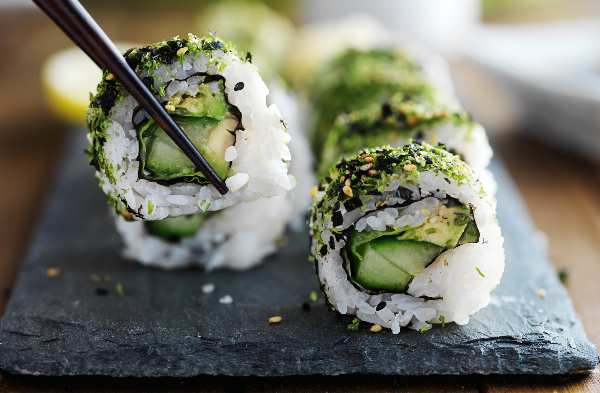
Rice? This might seem like one of the stranger entries on this list. Well, I’ll start by mentioning that this applies specifically to white rice and that it relates back to the idea of insulin. Foods that have a high glycaemic load could cause a spike in your insulin levels which can cause inflammation and inspire the release of hormones that may encourage acne.
Rice unfortunately does have a high GI, with one cup amounting to a GL of 34! Considering that any food that scores above 20 is said to have a high GL, this is quite worrying.6 Now you might be thinking, ‘I’ll just change to brown rice,’ and while generally, this is a good option, you may need to look into eliminating more high GI foods from your diet, which can include brown rice.
6http://www.livestrong.com/article/502874-white-rice-acne/
5 – Whey protein
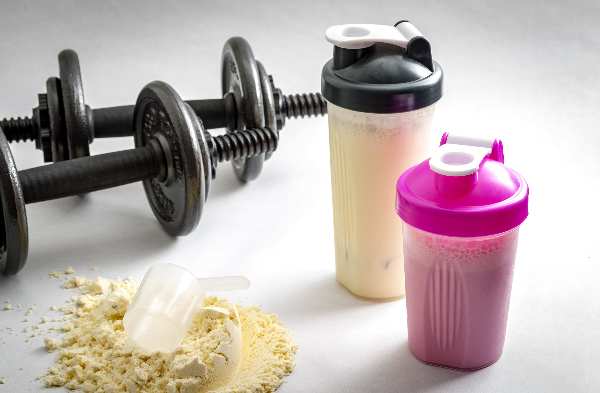
Protein powders no longer just belong to the realm of body-builders; they’re becoming ever more popular with novice fitness fanatics too! While there’s nothing wrong with getting a little bit more protein into your diet if you need to, whey protein might not be your preferred choice if you are predisposed to acne.
Remember our old friend, the growth hormone IGF-1? It’s back again. While IGF-1 can be useful for accelerating muscle growth, it also encourages acne by causing your skin to produce more sebum. Studies have investigated the correlation between protein powders and acne, with one finding that patients taking a protein supplement noticed demonstrably higher IGF-1 levels.7
Of course, there is no ‘one fits all’ scenario but if you do suffer from acne, it might be a good idea to switch to an organic, plant-based protein powder such as pea protein.





 Looking for our products in a store near you?
Looking for our products in a store near you?

